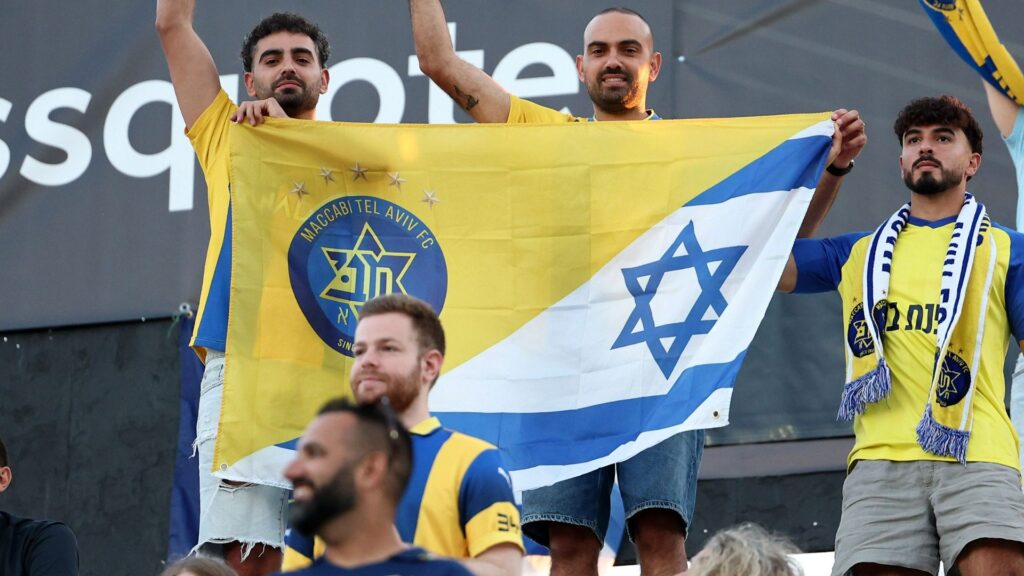The decision to bar supporters of an overseas club from attending a match on home soil is a grim marker of how fraught sport has become with politics and fear. Citing safety concerns, local authorities have ruled that Maccabi Tel Aviv fans will not be allowed into Villa Park a measure framed as de-escalation but which more closely resembles capitulation.
If policing is genuinely inadequate, the answer should be to bolster it, not to exclude. Sporting events have long demanded heavy security planning, from derby fixtures to international tournaments; the default response when tensions rise should be better preparation, not prohibition. Once you accept banning a few hundred visiting fans because their nationality might provoke unrest, you open the door to selective exclusions based on mood, media pressure or political expediency. Where would the line be drawn next? Which groups are deemed too problematic to travel? The move risks creating a hierarchy of who gets to be present in public life — and that is dangerous territory for any liberal democracy.
The episode also exposes a troubling inconsistency. Authorities routinely facilitate large, potentially volatile gatherings — whether demonstrations, away end travelling fans, or controversial marches — by committing resources to keep the peace. To single out one visiting club’s supporters suggests factors beyond pure logistics. It feeds narratives of exclusion and validates the claims of those who want to cast cities as out-of-bounds for certain communities. That outcome will not calm tensions; it will amplify them.
Sport should be a space where difference is negotiated through shared experience, not where political divisions are managed by absence. If policing intelligence indicates a real and present danger, that must be disclosed transparently; otherwise, blanket bans look like convenience dressed as security. The alternative is to insist on robust policing plans, clear communication, and contingency measures that allow fans to attend safely.
Ultimately, the decision is a failure of civic confidence. It tells citizens that their public institutions cannot protect peaceful assembly when it matters. Reversing the move, or at least explaining the precise security calculus, would be the minimum response. Beyond that, officials should model a better norm: police events effectively, protect the right to attend sporting fixtures, and resist letting politics determine who is allowed to share the terraces.
Advertisement
Advertisement
Advertisement

